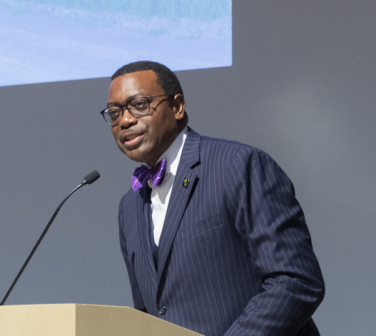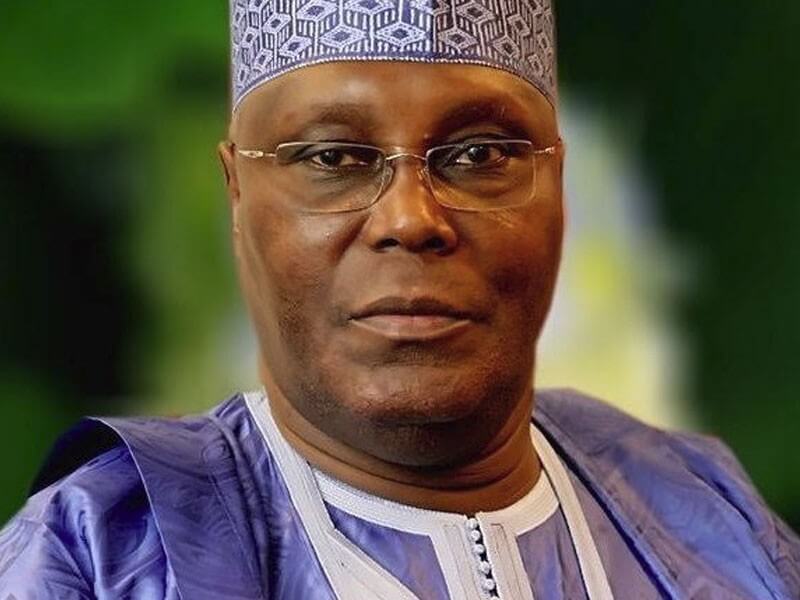
Buhari’s Minister from Niger Delta defends 3% to oil communities
Buhari’s Minister from Niger Delta defends 3% to oil communities
The assent to the Petroleum Industry Law two days ago by President Muhammadu Buhari has generated controversy with people from the South, particularly the oil producing communities in the Niger Delta accusing Buhari of quickly signing the law to short-change the oil-host communities, the Minister of State for Petroleum Resources, Timipre Sylva, who is from the Niger Delta has defended the new law, saying it is in the interest of the country.
The minister says with the signing of the PIB the petroleum sector has been fully deregulated and prices of petrol will be determined by the market.
Sylva is speaking against the popular opinion of Niger Delta people including the Governors in opposition.
The Minister said that the idea behind the PIB signed into law by President Muhammadu Buhari is to attract investors.
He said this on Tuesday in Abuja while responding to questions on the three per cent allocation to host communities in the law regulating Petroleum Industry in Nigeria.
Mr Sylva said President Muhammadu Buhari would on Thursday speak extensively on the law which would help to develop the oil and gas sector.
“As a country, we have a direction that we are going to. So, right now, if you talk about three per cent in the Act, for us in the Niger Delta, I will ask, three per cent of something? Is that not better than 100 per cent of what you don’t know?” he asked.
“What we want to achieve is the philosophy behind this bill which is to attract investors to Nigeria, to produce as much as this crude on the ground as possible. That is what we want to achieve.
“We must measure everything against this philosophy, so, as a Niger Deltan, if activities are not going on, nothing happens because the investors look at the numbers and see if they are adding up for them to operate,’’ he said
Mr Sylva said the percentages were usually charged to operation cost and in Nigeria a lot had been added to the operation cost.
He said that there was the need to be mindful of putting more burden on the operation cost as its effect would be felt in other areas.
He said that high operational cost would scare away investors in the country.
Mr Sylva said the issues on frontier exploration fund was not peculiar to the North as people had said but it affected all areas that oil is being prospected.
“Every frontier territory is aspiring to be a host community and there are not in one area in the country, they are in Cross River, North East, South West and so on, so, when people locate frontier territory in one part of the country, it is not so.
“We must come together as a country, frontier and host community and for host communities; we must realise that in the end, it is about the philosophy which is to bring investment to the territory,’’ he said.
Mr Sylva said the country had about 37 billion oil reserves for the past 10 years and had not added to it and production about which was about three million, went down until some work were done recently.
Mr Sylva said that there was the need to bring in vigour into the system and look forward as a country to achieve positive results.
On petrol price, he said that with the PIB signed into law, the sector had been fully deregulated.
He, however, explained that the deregulation implementation would not be immediate.
Mr Sylva explained that products would be sold based on market-dictated prices, so price would be shouldered by everyone with the signing of the PIB.
He noted that the government was mindful of the hardship and difficulties it might bring to Nigerians.
“That is why, we will not jump to implement it, the implementation framework will take care of how we are going to alleviate the sufferings that this might bring.
“We will work together with labour to ensure that there is a framework that will allow us to implement deregulation,’’ he added. (NAN)




Recent Comments